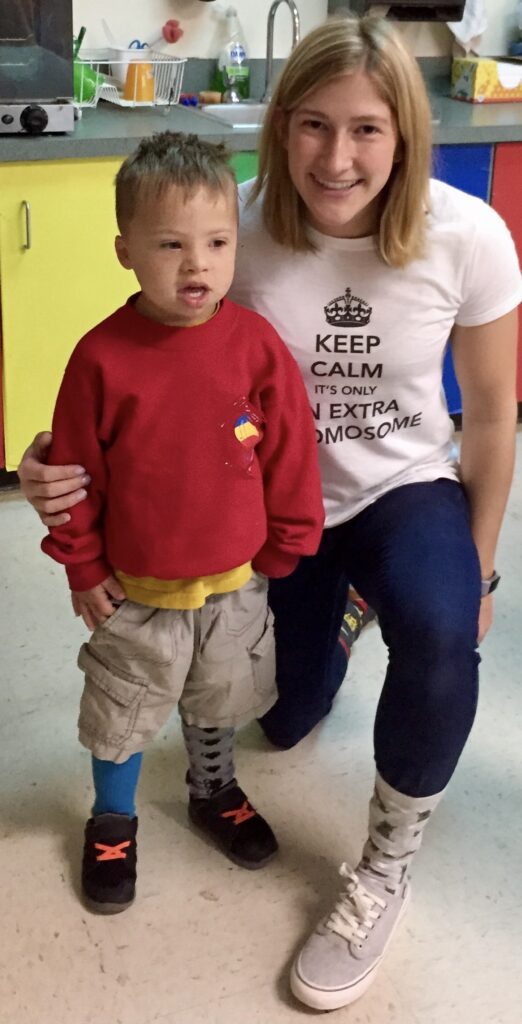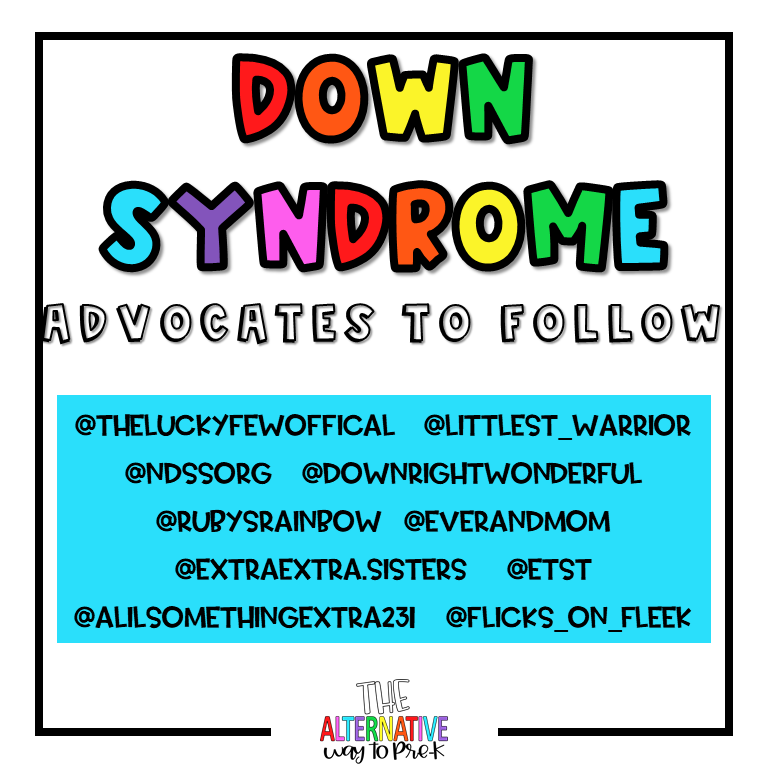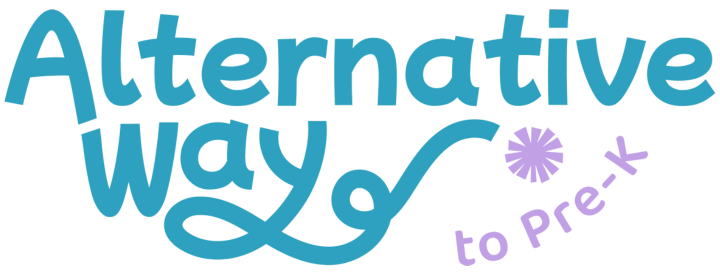October is Down Syndrome Awareness Month. This is a time for us to celebrate and spread the word about why Down Syndrome is so awesome! As a pre-k special education teacher this holds a special place in my heart. Throughout my teaching career I have had the privilege of working with many talented kiddos with Down Syndrome. If you have had the pleasure of meeting someone with Down Syndrome consider yourself lucky. People with Down Syndrome are amazing human beings!!!

What is Down Syndrome?
So what is Down syndrome? Down Syndrome is a genetic condition that affects chromosome 21. It is not a disease. There are three different types of Down Syndrome;
- Trisomy: three copies of chromosome 21 and the most common.
- Mosaic trisomy: Only some cells have an extra 21st chromone.
- Translocation Trisomy: Each cell has a portion of an extra chromosome 21 or an extra one. However, it’s attached to another chromosome instead of being on its own

How Is Down Syndrome Diagnosed and Whatis the Prognosis?
Down Syndrome can be diagnosed with a simple blood test at birth or even prenatally with specialized screening tools. People diagnosed with Down Syndrome are just that, people. They may have medical needs (commonly related to the heart) delays in speech, cognition, and other developmental areas but they are just as worthy as the next person of proper education, job opportunities, and respect.
Proper Language When Refencing Down Syndrome
When referencing someone with Down Syndrome it is important to use person-first language. For example a student with Down Syndrome not the Down Syndrome student. The National Down Syndrome Society prefers the spelling of Down vs. Down’s. Avoid using the term “Down’s” as this can be perceived as offensive. Most importantly, ask the person their preference for terminology. If you still have questions about proper language when referencing Down Syndrome check out the National Down Syndrome’s Preferred Language Guide linked HERE.
How To Get Involved
On a national level, The National Down Syndrome Society is great place to start. You can make a donation, take action with legislation, become and advocate, and register for upcoming events supporting Down Syndrome.


If you want to make more of an impact locally find the closest Down Syndrome Association. These Associations put on events and provide parents with resources and communities with helpful information. Many Down Syndrome Associations put on an annual Buddy Walk which helps raise money for local programs supporting children with Down Syndrome. To find the closest Buddy Walk to you click HERE. Your local Down Syndrome Association can also help you find small business that are founded by or support those with Down Syndrome. One of my favorite local spots is the famous Bitty and Beau’s.
If you are looking for Instagram accounts advocating for Down Syndrome check out the accounts listed below. If

